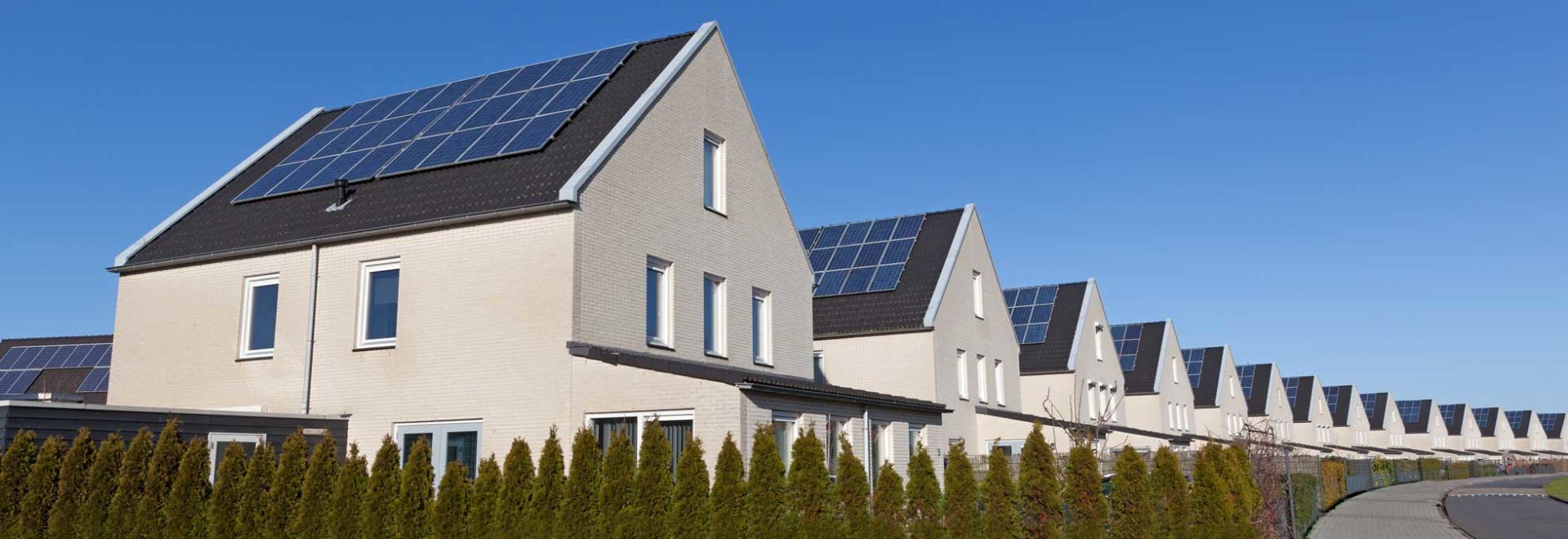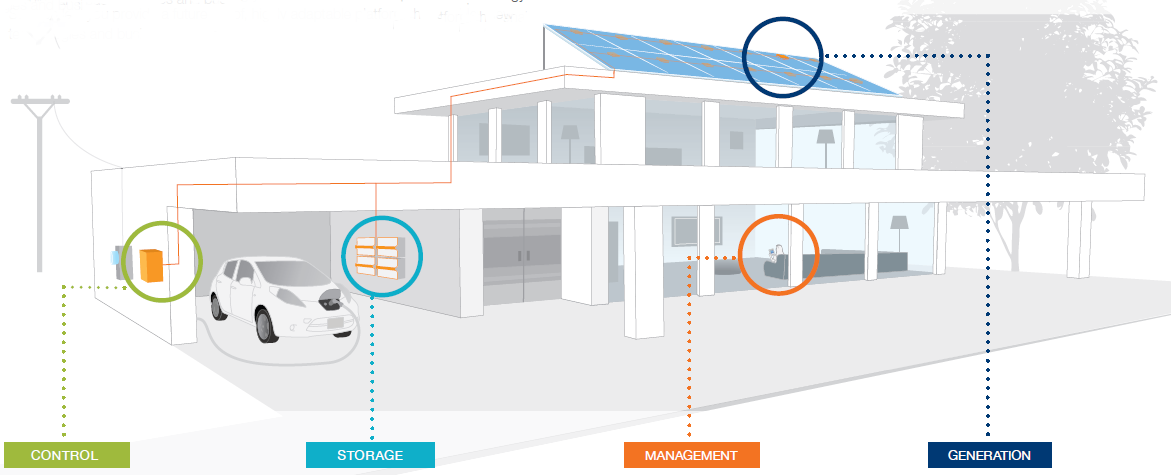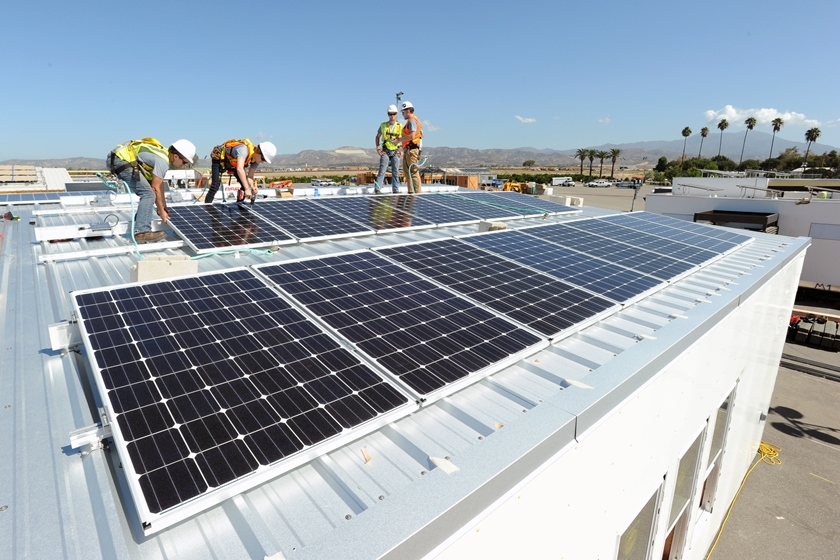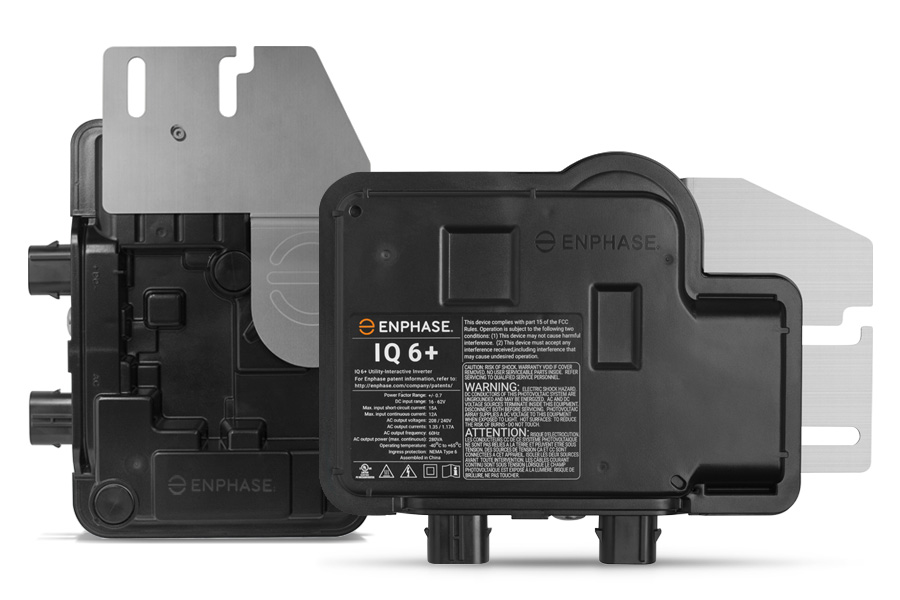 Loading... Please wait...
Loading... Please wait...Products
- Solar Panel Kits
- Complete DIY Solar Kits
- Solar Products
- Solar Panels
- Inverters
- Batteries
- Racking and Mounting
- Rails
- Flashings
- Splice Kits
- Stopper Sleeves
- Conduit Mounts
- Attachments
- Brace Assembly
- Base Mount
- Brackets
- Bolts
- Clamps
- Caps
- L-Feet
- Washers
- Skirt
- Lugs
- Tilt Legs
- Hooks
- Stand-Offs
- Ballast Bay
- Top of Pole Mount
- Side of Pole Mount
- Flush Mount Kits
- Ground Mount Kits
- Roof Mount Kits
- Hardware Packages
- Wire Management
- Solar Generators
- Inverter Monitoring
- Inverter Accessories
- Battery Accessories
- Charge Controllers
- Tools and Supplies
- View All Products
Solaris Blog - Solar Panels 2018
Planning for Solar in 2018
Posted by Brandi Casey on 14th Feb 2018

Solar is now continuing to see faster growth in the US for
both residential and commercial installations. Much with the rest of the technological
world, rapid changes can be difficult to keep up with. But, by keeping your eye
out for projected trends, it can be easier to plan and install your system.
What can you expect for solar technology going forward?
Bigger Modules
We, along with many others in the solar market, correctly predicted that solar modules would be increasing in size. Three years ago, average panel sizes ranged between 250 to 285 watts, today panel sizes range between 285 watts to 340 watts with some manufacturers producing up to 370-watt modules. But what does this mean for installers and DIYers? The answer is pretty simple, higher module wattage means you can reach your optimum power with fewer panels, fewer or lower output inverters, less racking, wiring, installation time and/or costs and so on.
The upward trend of not only higher watt, but higher efficiency modules will continue to be a catalyst for money savings for those looking to go solar this year. With this in mind, if you plan on installing a system that you would like to add onto in the future, higher watt modules will be a better option for you for another reason. The changes of the module you select being available months from now will be much higher than if you purchase a lesser watt module. We recommend not going under 300 watts this year if you plan on adding on in the future. Although using different modules is possible, it is not preferred as this can make your system less efficient, which is not desirable if you are looking for more power.
Microinverter Technology Will Continue to Grow
The California regulation on microinverters caused some turbulence towards the end of 2017 when they announced that the popular M250 Enphase microinverter would no longer be eligible for new systems after a set date. In response, however, Enphase launched their IQ6 and IQ6PLUS mircoinverters, with projections that of the IQ7 and IQ7PLUS series would come out later in the year. The IQ microinverters can handle more power and at a much greater range than the previous generation.
With the new microinverters, Enphase launched their new monitoring units, making the shift between the previous and new generation familiar and easy. Those familiar with Enphase Energy’s installation process will not find the change to the IQ plus series to be more difficult or require a great deal of new knowledge. Installers can be more confident of module compatibility with the microinverters due to their wide range. In large part, Enphase Energy is leading the charge in microinverter capabilities as they continue to grow their product base. Homeowners and installers can now use Enphase Energy batteries to store small amounts of power with microinverter systems. For those looking for a small hybrid system, the batteries are worth looking into.
Hybrid Systems Will Become More Popular

Speaking of hybrid systems, they are likely to become more popular as consumers further seek full energy independence. With rising costs from electric providers, getting off the grid sounds like an amazing option. However, bulky, expensive and difficult to maintain battery back up systems understandably put many consumers off.
Companies such as LG Solar and Enphase Energy introduction of maintenance free lithium ion batteries provide much or attractive options for battery storage.However, installation is not without its challenges. As of now, LG Chem’s battery inverter compatibility is limited, and the manufacturer warranty will not be covered if the system is not installed by a certified installer. Since the technology is new, finding a certified installer in your area may be difficult, and the DIY market is out of luck unless they go through LG’s certification training classes.
There is a bright side. The change is a positive indicator that battery technology will continue to grow, and as consumer demand goes up, the number of certified installers is likely to go increase. It may take a few more years for lithium ion training to be as commonplace as NAPCEP certified installers, but it is within reach.
This year will likely be an exciting year for solar, if you have any questions regarding putting together your home system let us know and we will be happy to assist you in getting started on your energy journey.





